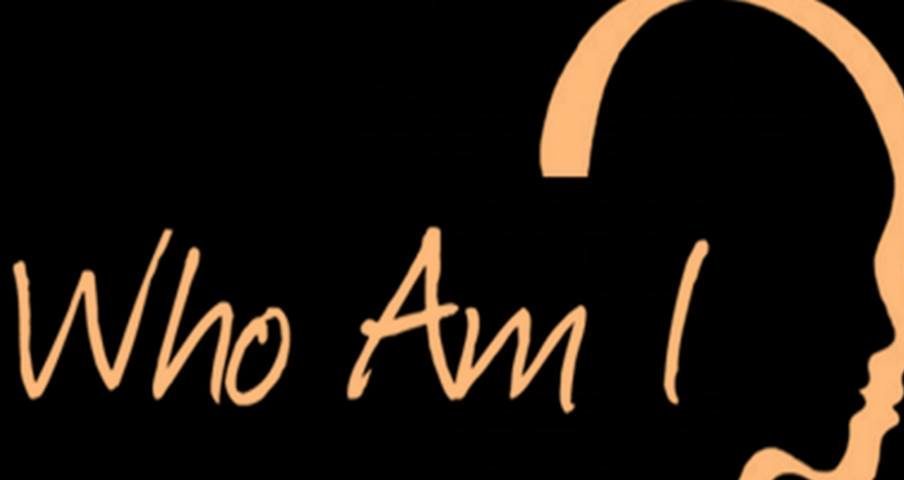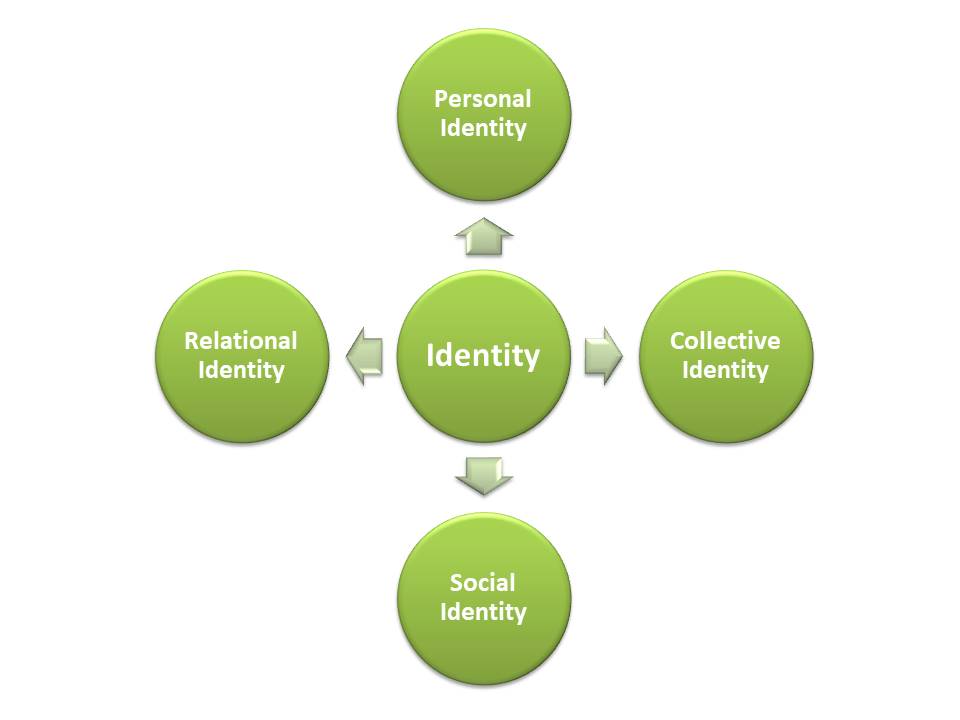The Aspects of Identity Questionnaire (AIQ-IV) tests your scores on various identity orientations that reveal what parts of you are more important to you than the others. The different parts or aspects of your identity are what make you, you.
Throughout childhood, adolescence, and teenage years, we’re in this constant process of defining ourselves- constructing our self-concept. By adulthood, we’re likely to form identities that remain more or less stable throughout our lives.

There are innumerable things that can constitute our identity. This test focuses on four aspects of identity- Personal, Relational, Social, and Collective Identity.
Who we are is a combination of all four of these orientations. But we don’t give the same level of importance to all four of these orientations.
This test will reveal your score on each of these identity orientations, letting you know which ones best define who you are.

This questionnaire is based on the tetrapartite model of identity put forward by psychologists Nathan Cheek and Jonathan Cheek.
According to the model, our self-concept is comprised of two parts- the Independent self (part of our self that we define ourselves) and the Interdependent Self (part of our self that others define for us).
The Personal Identity orientation determines our Independent Self, while Relational, Social, and Collective Identities together comprise our Interdependent Self.
Taking the Aspects of Identity test
The test consists of 45 items, and you have to choose an option on a 5-point scale ranging from Not important to Extremely important.
Keep in mind that you have to answer each item based on how important that item is to your sense of who you are. The test takes under 5 minutes to complete. Your personal information will not be taken, and your results are not stored or shared with anyone.
Reference
Cheek, J. M., & Briggs, S. R. (2013). Aspects of Identity Questionnaire (AIQ-IV). Measurement instrument database for the social science. Measurement Instrument Database for the Social Science. http://www. midss. org/content/aspects-identity-questionnaireaiq-iv.

